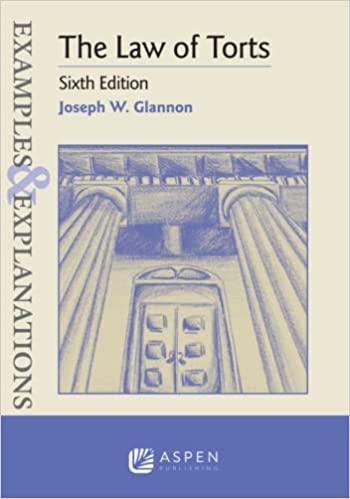JURISDICTION: PHILIPPINES
TOPIC: LAW ON OBLIGATIONS
1. In negotiorum gestio, the officious manager is with full authority from the owner of the property or business under management. 2. As rule, legal subrogation may be presumed. 3. The validity or compliance of a contract can be left to the will of one of the contracting parties. 4. In quasi-delict, there is the element of intent by a person to cause damage to another by his act or omission. 5. There is no exception to the rule that the debtor may be released from responsibility by mere consignation of the thing or sum due. 6. Creditors are protected in cases of contracts intended to defraud them. 7. In an obligation with a suspensioneriod the debtor cannot be compelled to pay and the creditor cannot be compelled to accept payment before the arrival of the period. 8. Novation, which consists in substituting a new debtor in the place of the original one, may be made even without the consent of the creditor. 9. In case of a divisible contract, if the illegal terms can be separated from the legal ones, the latter may be enforced, 10. An obligation is still enforceable even in the absence of the judicial or legal tie.11. The guarantor may set up compensation as regards what the creditor may owe the principal debtor. 12. Contracts are generally consensual ones. 13. Acts or omissions punishable by law are called crimes or delicts. 14. Confusion does not extinguish a joint obligation except as regards the share corresponding to the creditor or debtor in whom the two characters of creditor and debtor concur. 15. Acceptance made by letter or telegram binds the offerer from the time it came to his knowledge. 16. The payment of a realty tax by the property owner is an example of a contractual obligation. 17. The expenses of consignation, when properly made, shall be charged against the creditor. 18. Void contracts can never be ratified. 19. A conditional obligation, as a rule, is demandable at once 20. The consent of the original parties is the only requirement in conventional subrogation of a third person 21. If there are two or more debtors, the obligation is always solidary. 22. Juridical tie is a source of obligations. 23. Contracts always give rise to obligations. 24. Fulfillment of resolutory conditions extinguishes existing obligations. 25. In an obligation subject to a suspensionperiod, the debtor cannot be compelled to pay but the creditor can be compelled to accept payment before the arrival of the period Test III. Enumeration A. FIVE Sources of obligations (5) B. FIVE Principal modes of extinguishing obligations








